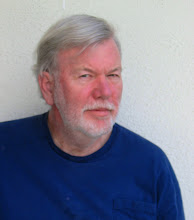Remember the Bill of Rights. Remember Roosevelt’s four freedoms. No one talks about the four new (non family-friendly) freedoms that we have these days. (Note: Freedom to get health care is not one of them):
1. Freedom to think ignorant stuff. You wanna be dumb, just do it. We don’t really care if you get educated. Just repeat everything on talk radio. Teaching you to read books woulda cost us plenty.
2. Freedom to do stupid stuff. Run away, take drugs and booze, hang out with weird people. Lie around homeless. Go psychotic. Whatever. Just don’t bug us or try to get anything we’ve got. You aren’t family. We don’t need to help you.
3. Freedom to get sick. Just lie there. By the freeway entrance. In the park. It's ok with us. We use hand cleaner. Its cheaper than medicine for everyone.
4. And biggest of all: Freedom to Die. Anytime you want, anyway you want. But don’t expect us to bury you. Not in our plots, whatda you think, you’re family?
How We Take Back the Supreme CourtWhere do you see yourself in...
-
*How We Take Back the Supreme Court*
Where do you see yourself in 2060? What about your kids or grandkids? Will
Donald Trump be affecting your life even ...
10 months ago


